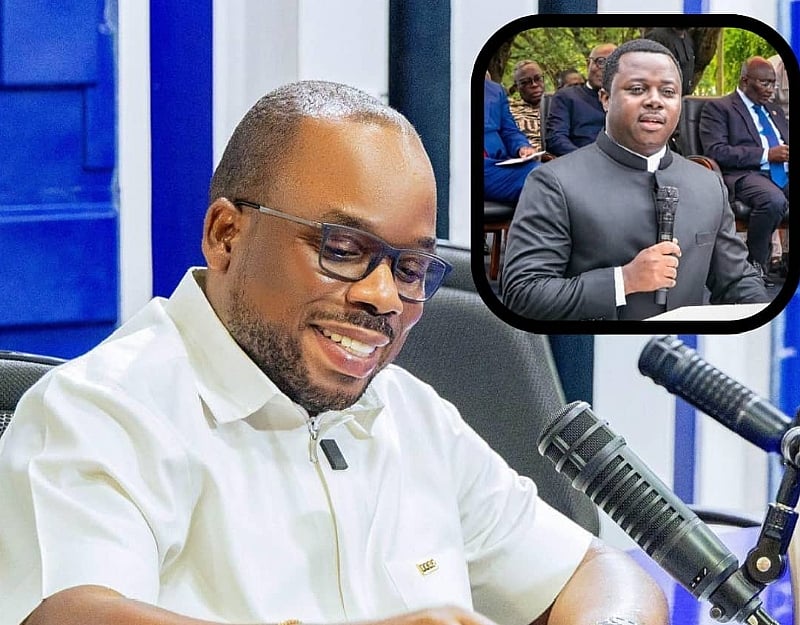Benjamin Kofi Quashie, Chair of the South African Council of Elders for the National Democratic Congress (NDC), has vehemently refuted allegations leveled against him by Reverend John Ntim Fordjour, the Member of Parliament for Assin South. Mr. Quashie characterized the MP’s claims as a calculated distraction rooted in propaganda and devoid of substantive evidence. He questioned the MP’s decision to air his allegations in the media rather than presenting them to the appropriate investigative authorities if he truly possessed credible information. Mr. Quashie confidently asserted that legal processes were underway to address the MP’s claims, indicating that despite the Speaker’s absence, these processes were already in motion. He stressed that if the MP’s allegations held any merit, legal action would have already been taken. He expressed anticipation for the truth to emerge as Rev. Ntim Fordjour had indicated his willingness to cooperate with law enforcement agencies and provide them with his version of events.
Mr. Quashie drew a clear distinction between Rev. Ntim Fordjour’s approach and that of North Tongu MP, Samuel Okudzeto Ablakwa, whose public disclosures have consistently been backed by verifiable evidence. He criticized Rev. Fordjour for choosing to address the media without first substantiating his claims. This, according to Mr. Quashie, underscored the unsubstantiated nature of the allegations and suggested a politically motivated agenda. He dismissed any comparisons between the two MPs, emphasizing Mr. Ablakwa’s meticulous approach to investigations and his commitment to presenting evidence-based arguments.
Addressing the broader issue of alleged drug trafficking, Mr. Quashie condemned attempts to politicize such serious offenses. He argued against what he termed “equalization,” the practice of attempting to draw false equivalencies between unrelated incidents involving different political parties. Mr. Quashie insisted that drug-related crimes are not partisan matters and should be treated with the gravity they deserve, regardless of the individuals involved. He cited past instances where MPs from both sides of the political spectrum have faced legal consequences for drug-related offenses to illustrate his point. He directly addressed another MP present on the panel, referencing a specific case of an NPP MP who had been arrested and jailed for such offenses, further emphasizing that these issues transcend political affiliations.
Mr. Quashie cautioned the New Patriotic Party (NPP) against utilizing drug trafficking allegations as a political tool. He argued that such tactics would ultimately harm the nation as a whole, rather than achieving any political advantage. He implored the NPP to prioritize the national interest and refrain from exploiting sensitive issues like drug trafficking for political gain. He concluded by reiterating that attempts to politicize drug-related crimes would not only damage the country’s reputation but also undermine efforts to combat this serious problem.
Mr. Quashie’s robust defense and counter-accusations highlight the escalating political tensions in Ghana. His emphasis on due process and the importance of presenting verifiable evidence underscores the need for responsible conduct, particularly in the context of sensitive allegations. His criticism of attempts to politicize drug trafficking further emphasizes the need for a non-partisan approach to tackling this national challenge.
The unfolding situation and the anticipated cooperation of Rev. Ntim Fordjour with law enforcement agencies promise to shed further light on these allegations and determine their veracity. The public awaits further developments as the legal processes unfold and the truth behind these claims is revealed. The outcome of this situation will likely have significant implications for the political landscape in Ghana and the ongoing discourse surrounding drug trafficking and political accountability.


